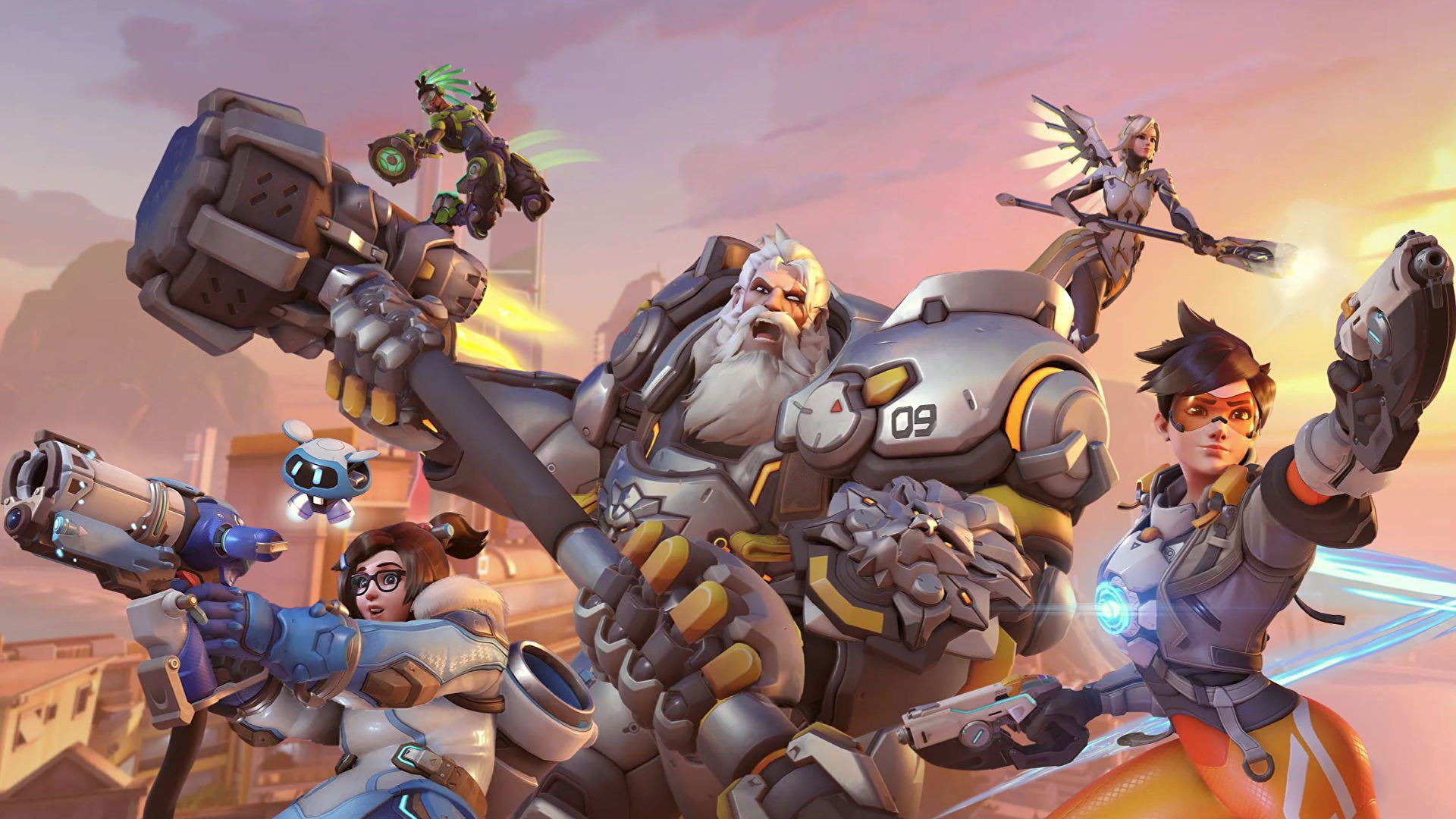Take us back to 2016
I’ve been playing Overwatch on and off basically since day one, so I’ve seen the game through all of its changes, for better and for worse. With every nerf, rework, and new hero drop, the game has evolved so much since 2016, and to many fans, it’s not even worth playing anymore, especially after the Overwatch 2 relaunch. Despite my qualms with the series (of which I have many, including recently getting hit with a ban from the entirety of Season One after a series of unfortunate disconnections from competitive matches), it’s still one of my favorite and most-played games to date. That being said, the roster is filling out fast, and I don’t find myself too thrilled with the most recent additions.
I want to be clear here–I am absolutely biased and have a rose-colored view of Overwatch as it was in its early days. That said, it feels like the game has moved away from the simplicity both in its character and gameplay design.
The original Overwatch lineup was nothing short of brilliant in my book. Sure, some characters are always going to be too powerful or too weak, but overall, each original hero had a unique, strong design. The different characters catered to every possible playstyle you might want, from up-close brawling to dive heroes to across-the-map snipers. Obviously, the lore was awesome, and those early cinematics and comics fleshed out the characters in really compelling ways.
Unmatched character design
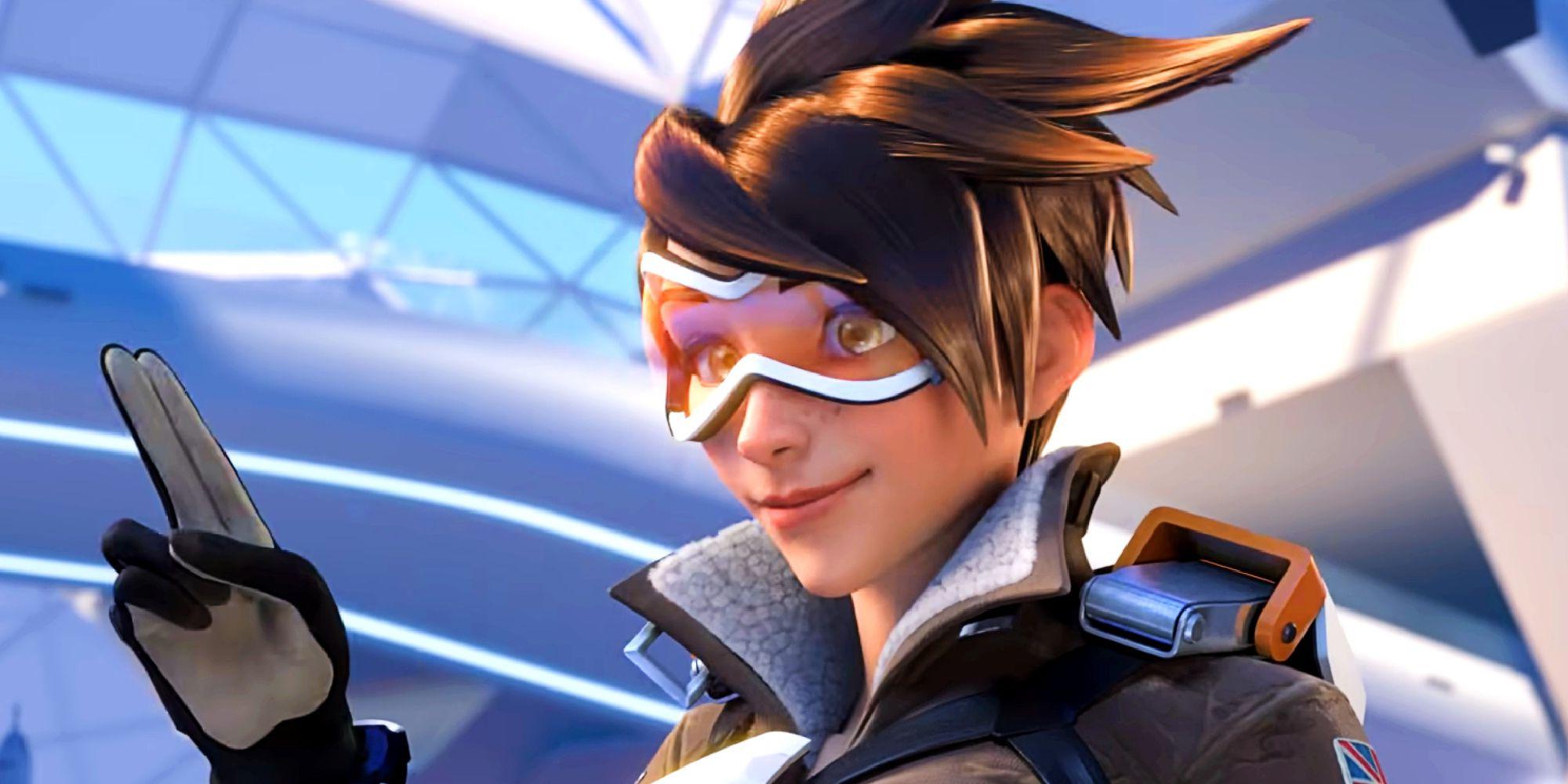
Most importantly, though, their kits were simple and streamlined. Each hero had one thing they did really well, a secondary that supported their main ability, and an instantly recognizable ultimate ability. Reinhardt had his shield, and while he could be a force to be reckoned with if you got too close, his role was to protect the team. Pharah’s jetpack and rockets meant she was the go-to choice for another angle of attack. Mercy changes the way you play the game entirely because her kit is built for you to focus almost solely on keeping your team alive and boosting damage, only focusing on the enemy for the purpose of avoiding them. If you ask me, each character on that launch day list had that level of focus and efficiency when it came to their design.
The original lineup included 21 heroes in total:
Tanks:
- Reinhardt
- Winston
- Zarya
- Roadhog
- D.va
DPS:
- Tracer
- Reaper
- Widowmaker
- Pharah
- Torbjörn
- Hanzo
- Bastion
- Cassidy (formerly McCree)
- Soldier: 76
- Junkrat
- Mei
- Genji
Support:
- Mercy
- Lucio
- Zenyatta
- Symmetra (now moved to DPS)
It was a great roster to launch with, especially for players to pick up and start playing right away. Because their kits were so simple yet effective, it was easy for new players to dive right in for the first time and do fine, but it was still possible to hone your skills and rise through the ranks with a hero you excelled at playing.
Even better, the original UI in Overwatch had star rankings to telegraph to the player how difficult each hero was to play. Seasoned gamers could try their hand at characters like Genji or Symmetra, who had some of the most complex playstyles, while newer players could start off with easy-to-understand heroes like Mercy or Soldier: 76. The game didn’t expect any baseline understanding from you, which made it perfect for someone like me to play as I was getting into first-person shooters and multiplayer games for the first time.
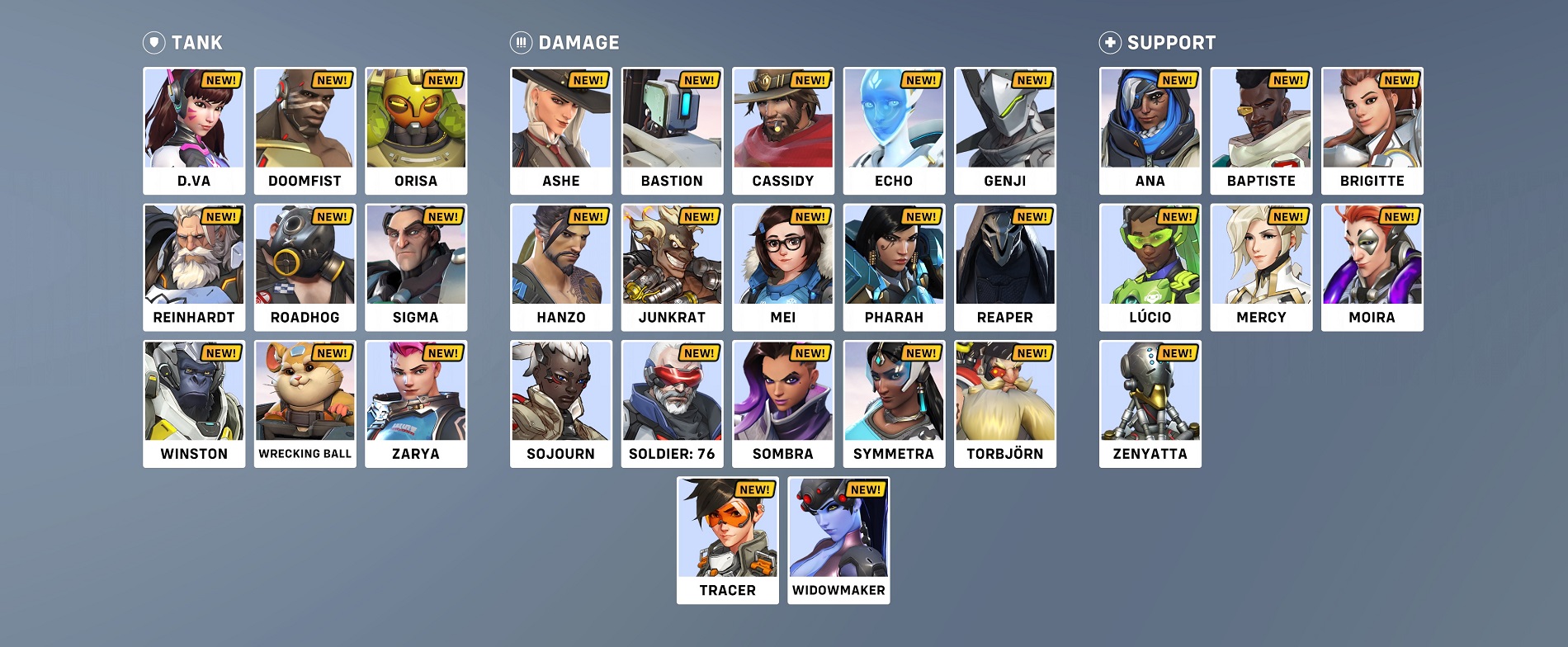
With the roster expanding all the time, it’s just too much to keep up with, and I find myself reaching for the characters from that original 21 instead. I think where the trouble really comes in is that as much as I play the game, I would consider myself a casual player. I’m not looking to play into whatever the current meta is or optimize my team composition to climb through the ranks. I just like playing the game as heroes I enjoy.
Jack of all trades, master of none
Nowadays, I feel like it’s more of a “jack of all trades, master of none” situation. In my eyes, it’s an issue that started with the heroes they added post-launch, and it’s only grown with the release of Overwatch 2. The heroes outside of the original 21 seem to have four or five main pieces to their kit instead of two or three, each of which has a different effect I have to keep track of, from momentary immortality to wounding to hacking to damage mitigation, and so on.
Especially when it comes to the most recent hero releases like Junker Queen or Kiriko, I feel like I can’t just select one of those heroes and hope for the best, because I have to read paragraphs about how each ability works before I can use them effectively (another qualm: they moved the ability-explaining text from something you can access at any time to hiding it in a menu in the Hero Gallery). It weirdly feels like some of the kits have also been homogenized so that single players can deal damage and get kills as they please, which kind of defeats the purpose of trying to strategize and play together as a team.
The support hero category is the best example of this “jack of all trades” phenomenon. The game launched with only three healers: Mercy, Lucio, and Zenyatta. Again, very simple kits, but these heroes were designed to heal their teammates. Mercy has her pistol in those tense moments with flankers, Lucio can provide some support fire and knock enemies away, and Zenyatta probably has the most damage-dealing potential of those three, but he’s still mostly used because of his healing ultimate and debuff-providing Discord Orb.
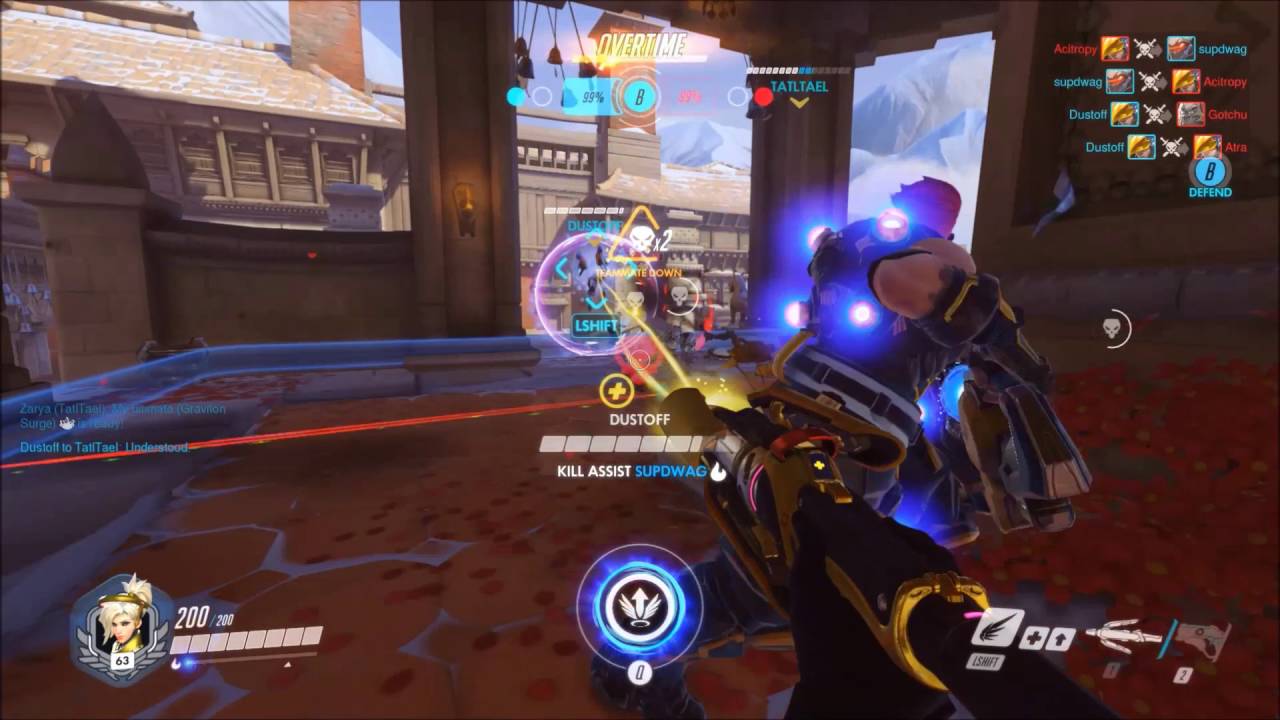
The supports, on the other hand, don’t seem to have the same type of focus. Moira and Ana are the only two who can hold a candle to Mercy and Lucio’s raw healing output, but it requires more skill to do so, which means they’re less effective in lower ranks where the majority of the player base is. Other supports like Baptiste or Brigitte feel like they were designed as damage dealers first and then had some healing abilities tacked on.
I care most about the support category because I’m a support main, but I can’t help but feel like with each subsequent hero release since the original 21 (again, only accelerating with each release in Overwatch 2), the characters don’t have that single thing they excel at anymore, but rather, a multitude of things that broaden the focus a bit too much for my taste.
More complex doesn’t always mean better
Then there’s the newest support, Kiriko, whose kit doesn’t even feel cohesive in my opinion. Her healing usually works best at close to mid-range because it takes time to travel to your teammates, but her damage-dealing ability works best at mid to long-range because it’s only really viable with sniper-like headshots. You have to be right next to someone to use her immortality charm, too. For skilled players who are dedicated to learning her kit inside and out, she will certainly be a viable pick, but as for me–the filthy casual–I can’t be bothered.
I feel like my sentiments are best expressed like this: if I’m playing one of those original heroes and I press a button, it’s pretty easy to intuit what I’m doing and why based on how the abilities work. If I play a lot of the newer heroes and button mash, I am at a loss as to what’s going on unless I go and find that hero description information, which in my opinion, is a downgrade.
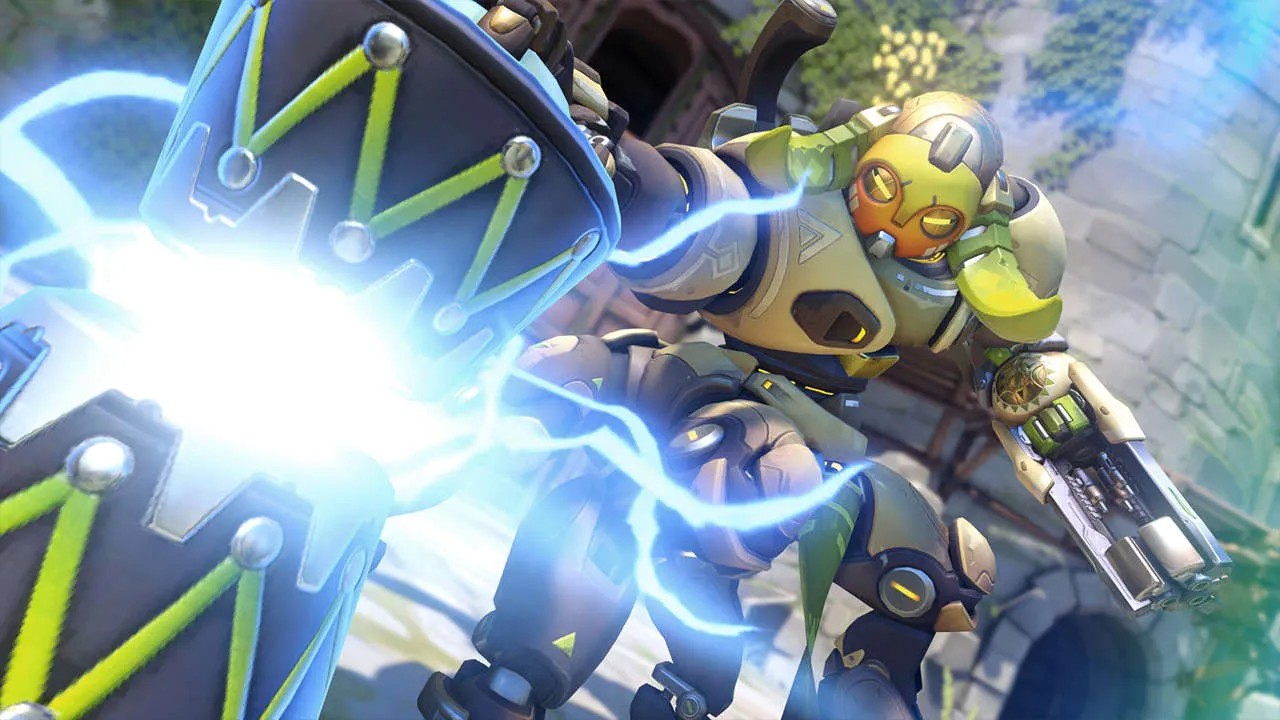
Take Orisa’s old kit, for example. Her old ultimate (lovingly referred to as the “bongo”) would supercharge her teammates’ damage output. All she had to do was plonk it down in the middle of the fight, and you could see blue energy beams extending to each teammate, similar to Mercy’s damage-boosting beam. It’s easy to intuit what’s going on there just from a glance, it was always strong enough to turn a team fight, and it provided some variety in strategies you could use in battle. Now she just, what, slams down and deals damage to those around her in a circle? You mean like Doomfist, Sigma, and Bastion’s ults? Got it. It’s fine; I’m just bored.
Not to blame the Overwatch League, but…
For me, it all goes back to when the Overwatch League started. Don’t get me wrong, I love seeing pro-level players kicking ass at my favorite game as much as the next guy, but once the League started, it was pretty clear that the changes Blizzard was making to the game were catering to pro players, the smallest part of the player base out there, rather than those who just played the game for fun. Maybe I’m extra butthurt about Mercy’s rework because she’s my girl, but if you ask me, changing the game for everyone because the elite players didn’t like a hero was a bad move, and it feels like a lot of the decisions since have made Overwatch a less friendly environment for new or casual players.
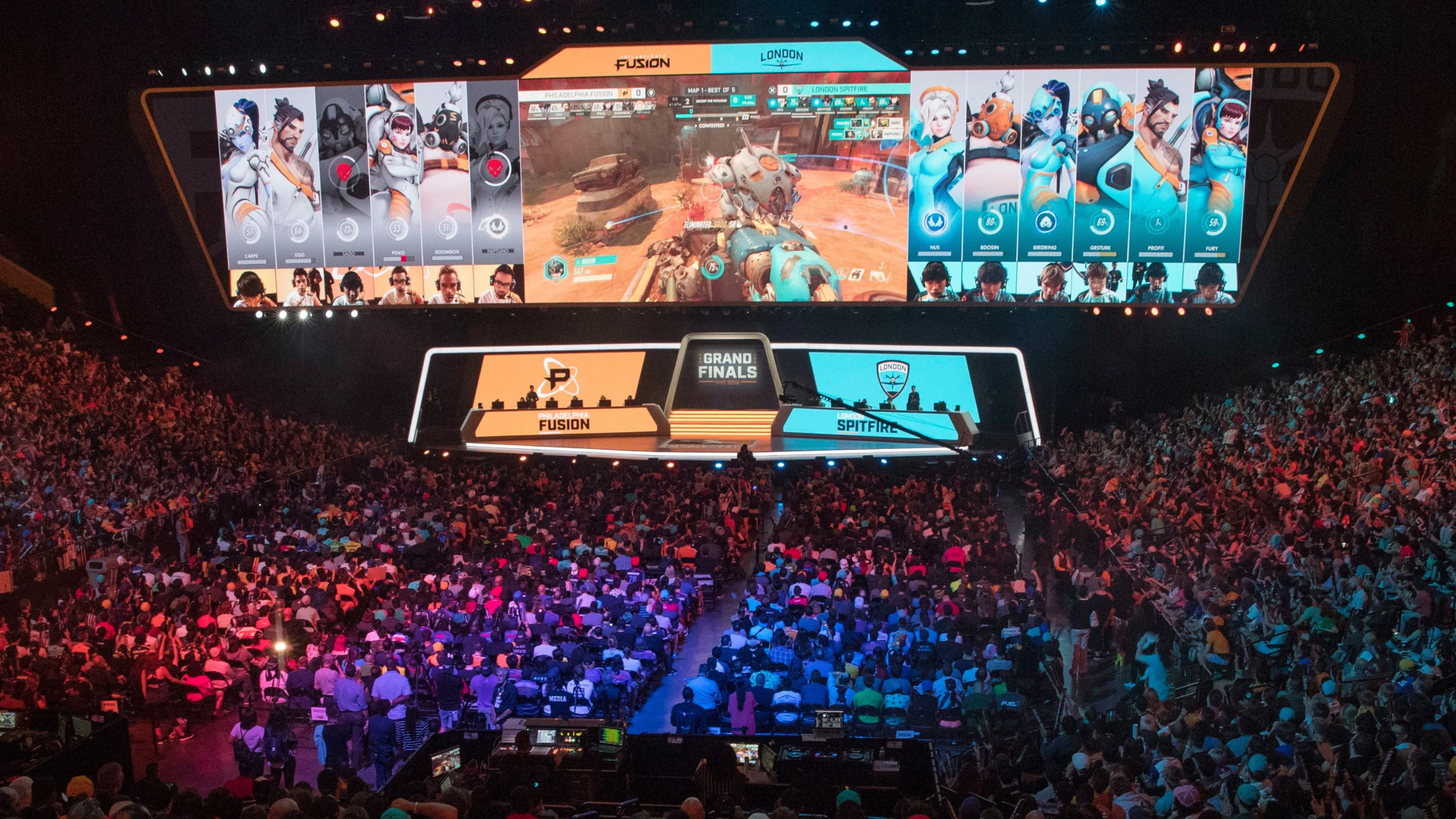
Along with reworking existing heroes or getting rid of certain maps (RIP Anubis, I miss you every day), it feels like a lot of the newer heroes are trending toward having more and more complex kits, while at the same time having fewer abilities or concepts that make them truly unique in the lineup. Take Sojourn, for example. Her gun feels exactly like Soldier’s, so she’s not given that much variety by way of gameplay feel.
Story-wise, Soldier has a clear archetype with the “washed-up war hero” thing he has going on. While Sojourn’s lore is as complex and fleshed-out as any other, players have to dig into media outside of the game to get it, like the animated shorts or comics. I wish her design was a bit more distinct from a single glance, like others from the original roster like Hanzo (“honor-bound archer”), Cassidy (“cowboy”), or Mei (“ice girl”). Maybe I’m splitting hairs here, but the newest heroes’ character design like Sojourn or Kiriko feels more muddled to me than what I’ve come to expect from Overwatch.
Looking forward, looking back
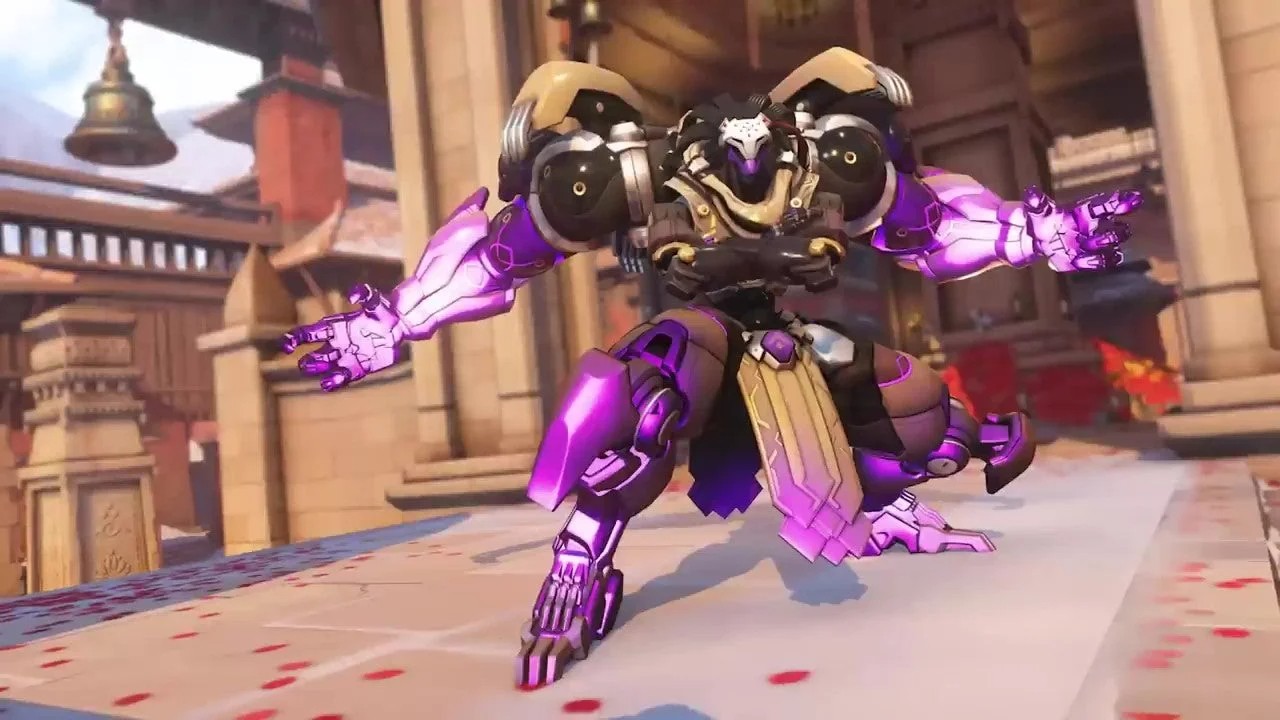
With the newest tank hero Ramattra on the horizon, I can’t help but feel pessimistic that the Overwatch roster will be further muddled by samey, increasingly complex kits. Perhaps Overwatch would have worked best as a limited-hero-pool, story-driven multiplayer, and PvE experience, but the ever-expanding and money-hungry free-to-play model that is currently dominating competitive games wouldn’t have that.
I don’t mean to be too much of a downer, and I certainly don’t want to shit on anyone who is enjoying the newest additions to the Overwatch roster. I think I’m just having a hard time letting go of the design conventions that drove the game in its early days while Overwatch has made it clear it left that all behind a long time ago.
